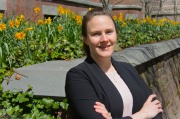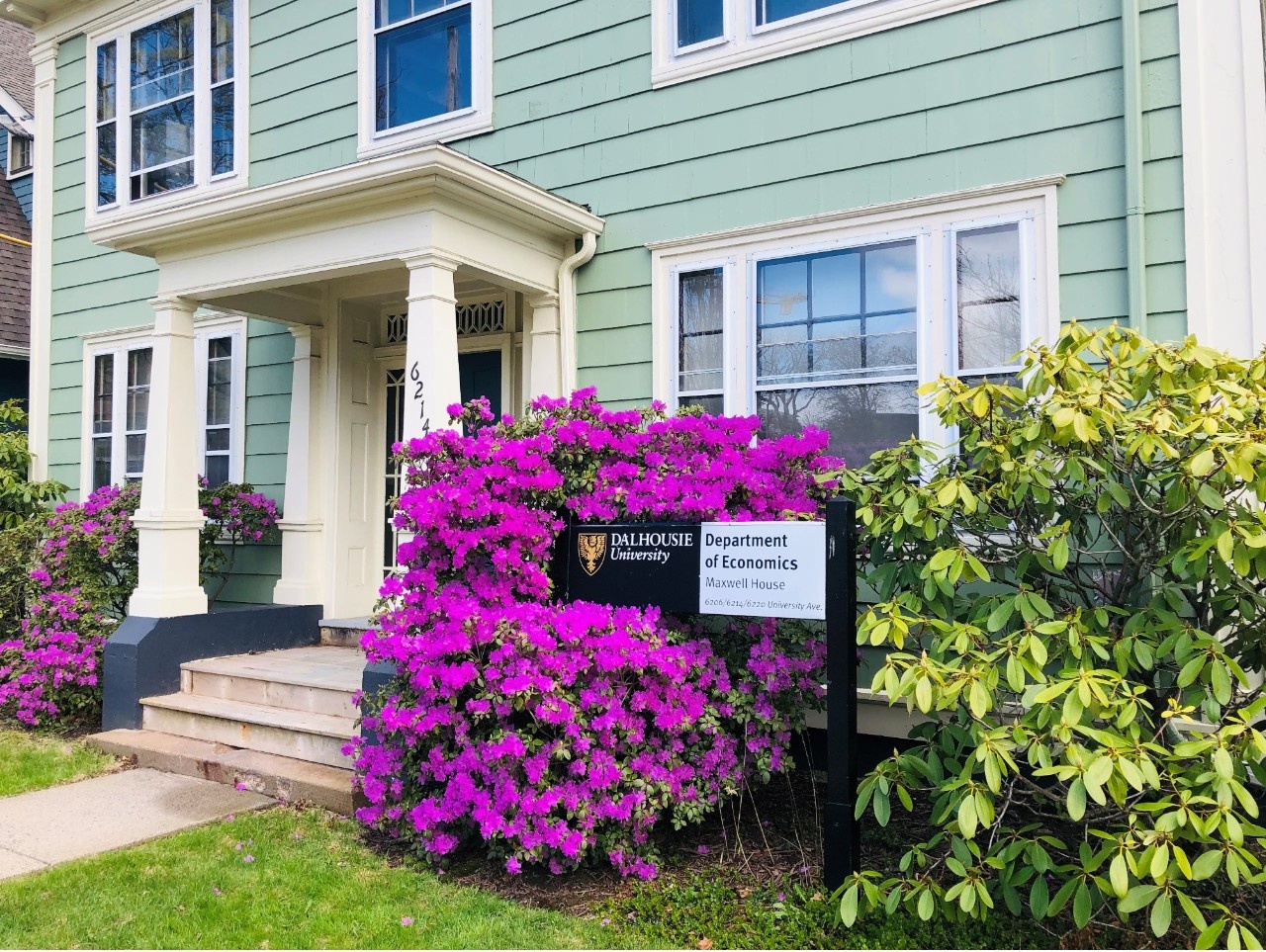Maggie Jones
BSc (2009), MA (2012)

As an individual, we can contribute to reconciliation by using our specific skillset to make society better for everyone.
I graduated from 黄色直播 with a BSc in Economics and Math in 2009 when the economy was still recovering from the financial crisis of 2008. Like many in my cohort, without any clear job prospects, I returned to school to buy myself time and to prepare a portfolio to apply to 黄色直播鈥檚 architecture program. I quickly realized that my skills were better suited to economics and applied to the MA program in economics instead. It was during my time as a master鈥檚 student that I came to realize how economics as a discipline can be incredibly creative; that principles of scarcity, preferences, and the allocation of resources can be applied broadly to diverse social issues like crime, health, and education. I became excited about the prospect of using the tools from economics to answer questions I had about how our society functions. Ultimately, this led me to pursue a PhD in economics at Queen鈥檚 University.
At Queen鈥檚 I gained a better practical understanding of how to use economic theory to guide empirical work; however, I questioned my purpose. How could I, as an economist, use my skills in a way that was socially impactful? The answer became clear to me after I attended a public lecture by Justice Murray Sinclair following the release of the Truth and Reconciliation Commission鈥檚 report on the legacy of Indian Residential Schools. What I took from Justice Sinclair鈥檚 lecture---and I鈥檓 paraphrasing in economic jargon---was that each of us is endowed with a set of skills. As an individual, we can contribute to reconciliation by using our specific skillset to make society better for everyone. The reconciliation process, therefore, looks different for everyone. Given that I have quantitative skills, I reckoned, I could use the quantitative tools I learned as an economist to contribute to reconciliation in my own unique way.
This mental breakthrough allowed me to fully immerse myself in my work. I realized that through economic research I could ask the types of questions and come up with answers that would help contribute to the betterment of society. What happened to education and labour market outcomes when the federal government cut back financial aid for Indigenous students in the 1980s? How have historical treaties between the Crown, and later the Canadian government, and Indigenous nations impacted economic development in Indigenous communities through the twentieth century? When white settlers slaughtered the North American bison to near-extinction in the 1870s, what did this do to the economies of Indigenous societies on the Great Plains? And of course, what can we do today to right these historical wrongs?
My first appointment out of graduate school was as an assistant professor at the University of Victoria in beautiful British Columbia. Here, I was able to expand my work on Indigenous economic development and advance other projects related to the economics of the Civil Rights movement in the United States. Most recently, this focus has taken me to Atlanta, GA, where I started a new job as an assistant professor in the department of economics at Emory University in August of 2022. When I think back to my economic beginnings as an undergraduate and, later, MA student at 黄色直播, I realize how nurturing the department was (and is!). I benefited from incredibly supportive faculty, like my MA supervisors, Professors Daniel Rosenblum and Mutlu Yuksel, but also from Professors Mevlude Akbulut-Yuksel, Kuan Xu, Andrea Giusto, and others, whose open-door policies allowed for many stimulating conversations and much learning on my part. I鈥檓 also forever grateful to all my peers whose diverse perspectives challenged my own world views and forced me to think carefully about economic questions and solutions. It also didn鈥檛 hurt that 黄色直播 happens to be located in one of the best cities in Canada!
